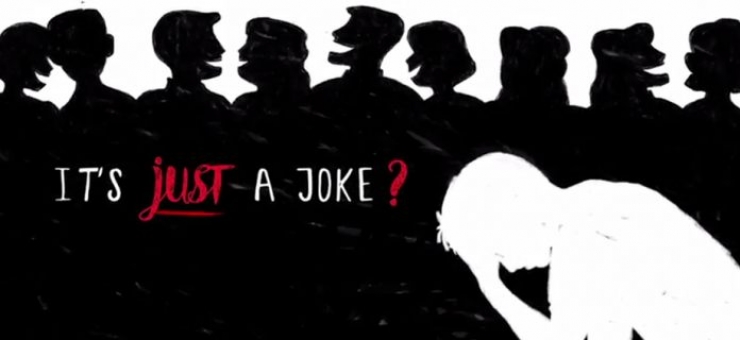Sexual harassment: our invisible enemy at the workplace

Violence in the world of work is a threat to the dignity, security, health and well-being of everyone. It has an impact not only on workers and employers, but also on their families, communities, economies and society as a whole.
There is no one definition on the term of “violence” in the world of work, but a series of components which include physical, psychological, gender-based, and sexual violence.
For this reason, in 2018, the ILO will discuss the adoption of a Convention on Violence against Women and Men in the World of Work, and the UNI Equal Opportunities Department (UNI EOD), with the support of affiliated unions and other Global Union Federations, is laying out the groundwork to make it happen.
At UNI EOD we have worked compilating information and good practices from our affiliated unions, participated in strategic meetings, had a seat as an expert and observer at the Expert Panel for the Convention, and carried out joint work in projects to raise awareness on this issue. But we still believe that more needs to be done, so for this 16 days of activism, which begin this 25th of November with the International Day for the Elimination of Violence against Women and Girls, we are focusing on one aspect of violence at the world of work, which many times goes unnoticed: sexual harassment.
According to ILO, sexual harassment is an expression of sexual violence (any sexual act, attempt to obtain a sexual act, unwanted sexual comments or advances, or acts to traffic, or otherwise directed, against a person’s sexuality using coercion, by any person regardless of their relationship to the victim, in any setting, including but not limited to home and work), and is frequently categorized as “quid pro quo” (when a job benefit depends on participating in some form of sexual nature), or hostile working environment (when a conduct creates an unwelcome, offensive working environment, and involves a range of behaviors that include sex-based comments, disparaging remarks about the sex of the victim, innuendos and the display of sexually suggestive or explicit material).
Sexual harassment is in many ways seen as invisible because of its private nature. Victims are afraid to denounce or present complaints against their aggressor because they are either victimized during the procedure following the complaint, or because they fear that a complaint might affect their job stability. Likewise, many employers dismiss sexual harassment claims considering that they belong to the private sphere of an employee’s life.
For this reason, UNI EOD will focus its efforts during these 16 days in raising awareness amongst our organization and affiliated unions, on sexual harassment. A new video clip explaining its nature and its effects has been produced and it can be accessed, like all our other material on violence, on our website: http://en.breakingthecircle.org/

